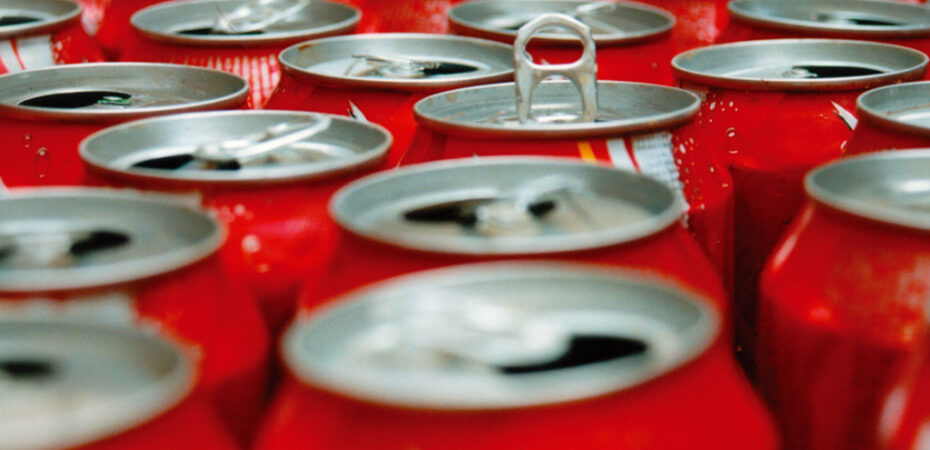In keeping with another 28 countries around the world, the UK announced a tax on high sugar soft drinks in the 2017 Budget which comes into force on 6 April 2018.
It splits ‘ready to drink’ beverages (excluding milk products, de-alcoholised beer or wine and milk substitutes such as soya / almond milk) into a zero rate, medium rate and high rate of tax depending on the sugar content per litre.
Importers and producers will therefore pay:
- 18p per litre if the drink has 5g of sugar or more per 100ml
- 24p per litre if the drink has 8g of sugar or more per 100ml
If you or your kids are fans of these carbonated treats, then here’s a summary of which drinks will likely fit into each category:
Low Rate Tax:
- Dr Pepper
- Fanta Orange
- Sprite
- Schweppes Indian Tonic Water
Higher Rate Tax:
- Old Jamaica Fiery Ginger Beer
- Rockstar Punched
- Mountain Dew
- Cherry Coca Cola
- Pepsi Cola
- Red Bull
- Monster Origin
- 7 Up
- Original Coca Cola
- Irn Bru
- Cherry 7 Up
- San Pellegrino Lemon
- Vimto Regular
- Lucozade Energy Original
Zero Tax Drinks:
- Lilt
- Bass Shandy
- Schweppes Lemonade
- Tango Orange
- R White’s Lemonade
- Tango Apple
Personal Comment:
I believe that a sugar tax is a very positive step in the war against sugar, and applaud those 28 countries that are considering long term health of their population. As a Type 2 Diabetic myself, I consider that it’s my love of such drinks over years which has caused much of the problem.
Whilst some have commented that there will be no effect on the consumer, and the purpose is to force manufacturers to consider using less sugar in their products, I don’t for a moment believe this will be the case and that consumer prices will raise accordingly. Perhaps this will also be successful in reducing consumption and raising awareness.
What IS clear, however, is the arrogance of the soft drinks companies involved who I believe also hold a high level of responsibility.
Whilst other brands are equally as bad, I quote Coca Cola as the worst example of this. Over time, their product sizes have increased from 250ml to 330ml to 500ml, and I would argue this is not through consumer pressure. This is to ensure that society remains addicted to their product in mass quantities.
Coca Cola flat refused to alter the formulation of their drinks, and instead opted to reduce the pack sizes (1.75litre now reducing to 1.25litre). A cynical person might argue that the large corporate has more power than politics and healthcare. To me, it’s clear that politicians are really more concerned than profit than they are healthcare.
But at least it’s a step in the right direction.

